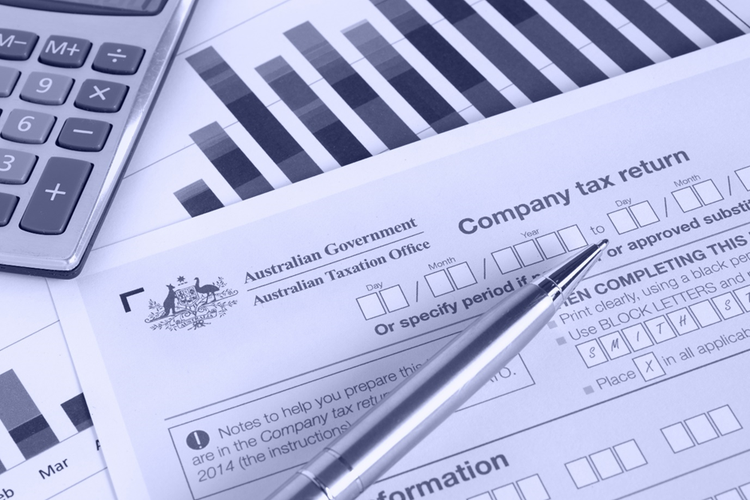Understanding the deadlines for filing company tax returns is crucial for businesses to avoid penalties and comply with the law in Australia. This blog post will provide detailed information about the company tax return deadline in Australia, including key dates to remember and important filing requirements.
What is the deadline for filing company tax returns in Australia?
In Australia, businesses must adhere to specific deadlines when filing their company tax returns to ensure compliance with regulations and avoid penalties. The deadline for filing company tax returns in Australia typically falls on October 31st of each year. It is imperative for businesses to accurately report their financial information and meet this deadline to avoid facing fines or legal repercussions. Failure to file on time can result in financial losses and tarnish a company’s reputation. Therefore, to meet the submission requirements, businesses must stay informed about the deadline and prepare all necessary documentation and information well in advance.
Are there any extensions available for filing company tax returns?
Under certain circumstances, Australia grants extensions for filing company tax returns, giving businesses additional time to submit their financial information. While the deadline for filing company tax returns is typically October 31st each year, businesses facing challenges or unforeseen circumstances may apply for an extension. It’s important to note that extensions are not guaranteed and must be requested in advance with valid reasons for the delay. The Australian Taxation Office considers each application on a case-by-case basis, weighing factors such as the nature of the delay and the business’s compliance history. Businesses should be aware of the extension process and ensure timely submission of their request if needed.
What are the consequences of missing the deadline for filing company tax returns?
When businesses miss the deadline for filing their company tax returns in Australia, they may face serious consequences that can impact their financial standing and reputation. Penalties for late submission can range from financial fines to potential legal actions, depending on the severity of the delay. Additionally, delayed tax filings can lead to increased scrutiny from tax authorities, resulting in audits and investigations that could further disrupt business operations. Furthermore, missing the deadline may cause cash flow issues because businesses may not receive tax refunds or incentives on time. To avoid these negative outcomes, businesses must prioritise timely tax compliance.
What are the key filing requirements for company tax returns in Australia?
When it comes to filing company tax returns in Australia, businesses must adhere to key requirements to ensure compliance with regulations and avoid penalties. These requirements include accurately reporting financial information, meeting the October 31st deadline, and submitting all necessary documentation. We also encourage businesses to stay updated on any updates or changes to tax laws that could affect their filing process. Additionally, maintaining organised records throughout the financial year can streamline the tax return preparation process and help businesses meet their obligations efficiently. Understanding and fulfilling these key filing requirements is essential for businesses to navigate the tax system successfully and avoid potential repercussions.

How can businesses ensure the timely and accurate filing of company tax returns?
To ensure the timely and accurate filing of company tax returns in Australia, businesses must implement a systematic approach that encompasses thorough financial record-keeping, proactive compliance monitoring, and effective communication within the organisation. Establishing internal processes that outline responsibilities, deadlines, and review mechanisms can streamline the tax return preparation process and mitigate the risk of missing the October 31st deadline. Moreover, leveraging digital accounting tools and software can enhance efficiency by automating data entry, reconciliation, and report generation. Regular training and updates on tax regulations can also improve accuracy and ensure alignment with current requirements. By fostering a culture of tax compliance and accountability, businesses can navigate the complexities of company tax returns with confidence and precision.
Conclusion
Understanding the company tax return deadline in Australia is essential for businesses to fulfil their tax obligations and avoid penalties. By staying informed about key dates, filing requirements, and available extensions, companies can navigate the tax filing process effectively. Remember to mark your calendars and prepare in advance to meet the October 31st deadline for filing company tax returns in Australia.

